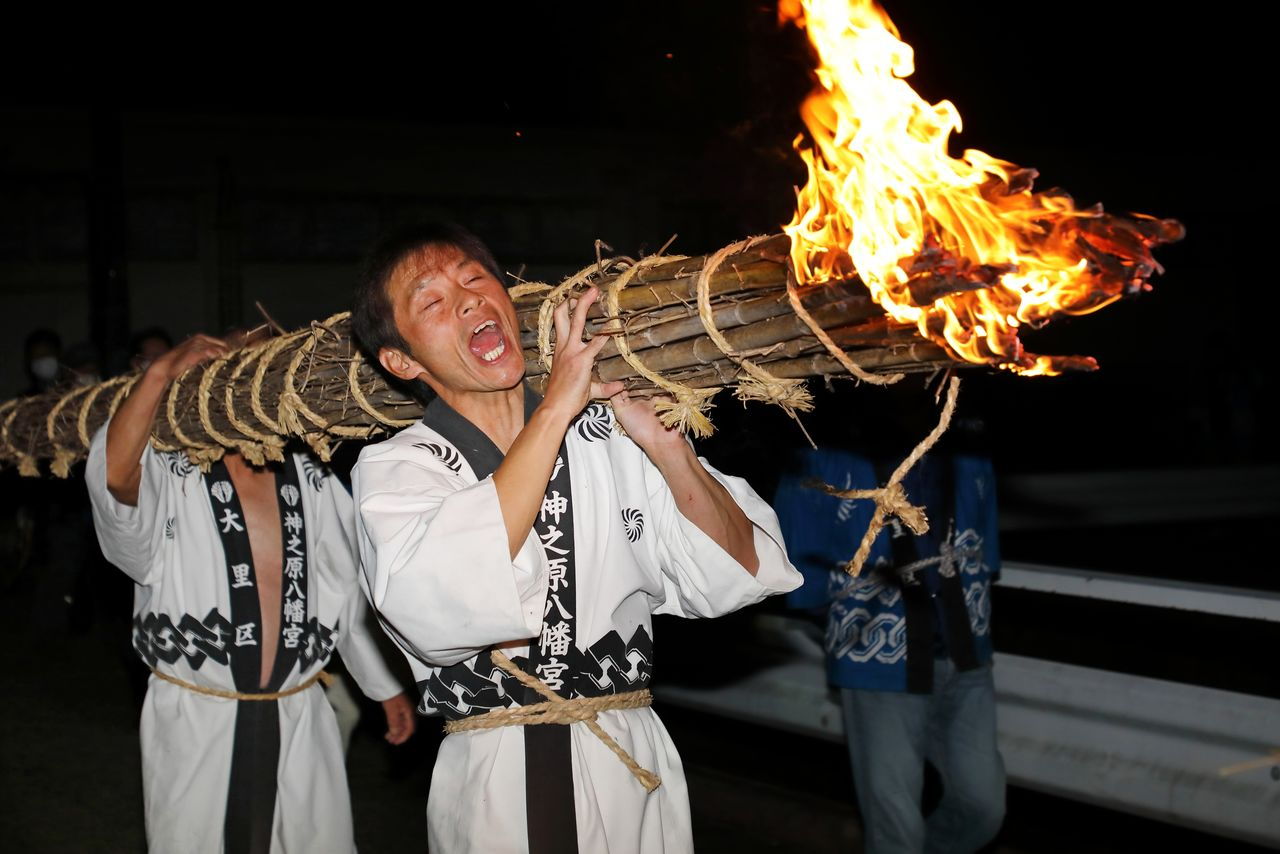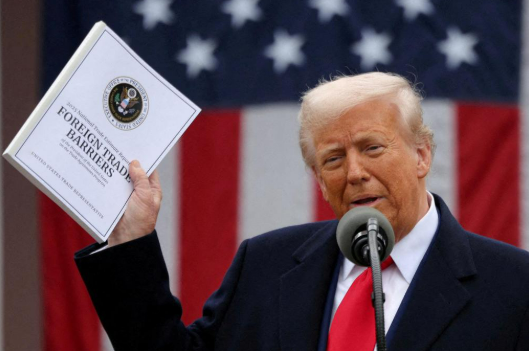
“Which traditional festival in China has the most nicknames?” “Which day is the earliest and latest Dragon Boat Festival?” “Which ‘five poisons’ are avoided during the Dragon Boat Festival?” “Which festival in China was first selected as a world intangible cultural heritage?”… The annual Dragon Boat Festival is approaching. When you eat rice dumplings, insert cattails and mugwort, and wear sachets, have you ever thought about these questions?
History scholar and Tianjin Academy of Social Sciences researcher Luo Shuwei introduced that the fifth day of the fifth lunar month every year is the traditional Dragon Boat Festival. It is one of the ancient festivals of the Chinese nation and has a history of more than 2,000 years.
According to research, the Dragon Boat Festival originated from the ancient Yue people in the middle reaches of the Yangtze River who used the dragon as their totem. Every year on the fifth day of the fifth lunar month, they would hold a grand “totem sacrifice” to show their identity as “sons of dragons”. Later, different parts of the country made different interpretations of the origin of the Dragon Boat Festival based on their own historical and cultural characteristics, such as commemorating Jie Zitui, commemorating Wu Zixu, commemorating Cao E, and originating from the “Summer Solstice”. The most popular one is to commemorate Qu Yuan, making Qu Yuan one of the few historical figures in China to be commemorated with a festival.
Among my country’s traditional festivals, the Dragon Boat Festival has nearly 30 aliases, which is the most among all festivals, such as Dragon Boat Festival, Double Fifth Festival, May Festival, Mid-day Festival, Bathing Orchid Festival, Calamus Festival, Daughters’ Festival, Dragon Boat Festival, Dragon Day Festival, Tianzhong Festival, Dila Festival, Hiding Noon Festival, Dangwu Festival, Zongzi Festival, Qu Yuan Day, Poets’ Day, etc.
“Different customs in different places. The Dragon Boat Festival has many nicknames, which shows the diversity and complexity of the origin of Dragon Boat Festival customs. For example, Zongzi was originally a seasonal food, and it was not until the Jin Dynasty that it was designated as Dragon Boat Festival food; dragon boat racing is not limited to the central and southern regions. In the Qing Dynasty, there was a custom of dragon boat racing in Tianjin during the Dragon Boat Festival.” Luo Shuwei said.
Since the Dragon Boat Festival originated from the lunar calendar, its date in the solar calendar is not fixed. “According to the solar calendar, the earliest is May 27 (such as 2085) and the latest is June 26 (such as 1906). Therefore, it is normal for any day between May 27 and June 26 of the solar calendar to be the Dragon Boat Festival every year.” Luo Shuwei said.
Since the Warring States Period, people in the north have believed that the fifth month of the lunar calendar is an “evil month” and the fifth day is an “evil day”, and that “when the Dragon Boat Festival comes, the five poisons wake up”. What are the “five poisons”? They refer to snakes, scorpions, centipedes, geckos and toads.
“In order to avoid the ‘five poisons’, people have to plant cattails and mugwort, wear sachets, and bathe in orchid soup on the Dragon Boat Festival. The purpose is to maintain personal and environmental hygiene and avoid pests from hurting people. Therefore, the Dragon Boat Festival is also regarded as China’s earliest ‘Health and Epidemic Prevention Festival’ and ‘Medical and Health Care Festival’.” Luo Shuwei said.
In order to arouse the public to rethink the cultural forms and values created by their ancestors and promote the scientific and standardized rescue and protection of cultural heritage, China has been actively promoting the application of some traditional festivals for the world’s intangible cultural heritage.
”The Dragon Boat Festival occupies an indispensable position in China’s traditional cultural festivals and has a profound influence in the world. In 2009, UNESCO officially approved the inclusion of the Dragon Boat Festival in the Representative List of the Intangible Cultural Heritage of Humanity, making it the first Chinese festival to be selected as a world intangible cultural heritage. Therefore, the Dragon Boat Festival has very important historical and practical significance.” Luo Shuwei said.






